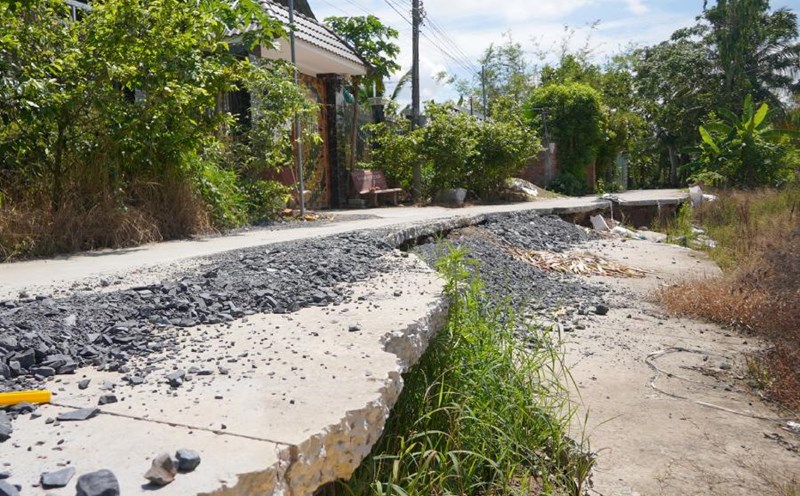Although there is no official medical evidence that blood filtration can prevent stroke or heart attack, many private facilities still promote this service, beating the psychology of anxiety about the health of middle-aged and elderly people.
In a call to the consulting center for blood filtration services, Ms. Nguyen Thi Trang (residing in Go Vap District, Ho Chi Minh City) expressed her desire to learn about the "blood fat" filtration therapy for her mother, 56, who was diagnosed with fatty blood and gallstones.
Immediately, the consultant introduced the Japanese technology of blood filtration service - described as being able to eliminate "toxins, bad cholesterol and harmful micronutrients", helping the blood lipid index "return to the reference threshold".
This employee emphasized that this is a modern regenerative medicine therapy, not causing loss of energy like domestic blood filtration, because "only filtering bad substances, retaining good substances".
However, this facility has not issued any scientific documents or medical prescriptions to prove its effectiveness. The consultation lasts from 3 to 6 months, depending on the condition, with the promise that the doctor will "assess the condition" and develop a separate regimen.
Associate Professor, Dr. Pham Nguyen Vinh - Director of the Cardiovascular Center, Tam Anh General Hospital, Ho Chi Minh City - said: "The term "blood fat spillage" is often misunderstood. In fact, this is a twice-adjacent huyetosal filtration technique (plasmapheresis), which is limited in medicine, not for treatment or prevention of cardiovascular disease.
According to him, huyet tuong filtration is currently only indicated in 5 groups of diseases including: some neurological diseases, rare blood disorders, acute pancreatitis, severe liver disease and serious sepsis.
Stroke and myocardial infarction are mainly caused by atherosclerosis, the main cause of which is risk factors such as high blood pressure, diabetes, smoking, and dyslipidemia.
Pressing huyet tuong only temporarily reduces the amount of fat in the blood, not solving the process of fat accumulation that has lasted for many years in the capillaries. Therefore, this cannot be considered a measure to prevent cardiovascular disease or stroke, emphasized Associate Professor Vinh.
This expert also warned: "If this method is used incorrectly, it will pose potential risks such as infections, electrolyte disorders, and changes in the balance of biological substances in the body, not to mention the high cost".
According to Associate Professor, Dr. Pham Nguyen Vinh, blood fat control requires a combination of a healthy diet, exercise and treatment with medication when necessary.
Some cases with genetic factors such as increased lipoprotein(a) even on a vegetarian diet are still at risk of early heart attack.
Therefore, he recommends: "If there is a family member who has had cardiovascular disease, children should have their blood lipids checked from the age of 3, especially total cholesterol, triglycerides, LDL-C, HDL-C and lipoprotein(a)".
Instead of relying on unscientific oral trans f birth methods, people should have periodic health check-ups and lifestyle adjustments to control the risk of sustainable cardiovascular disease, he concluded.











